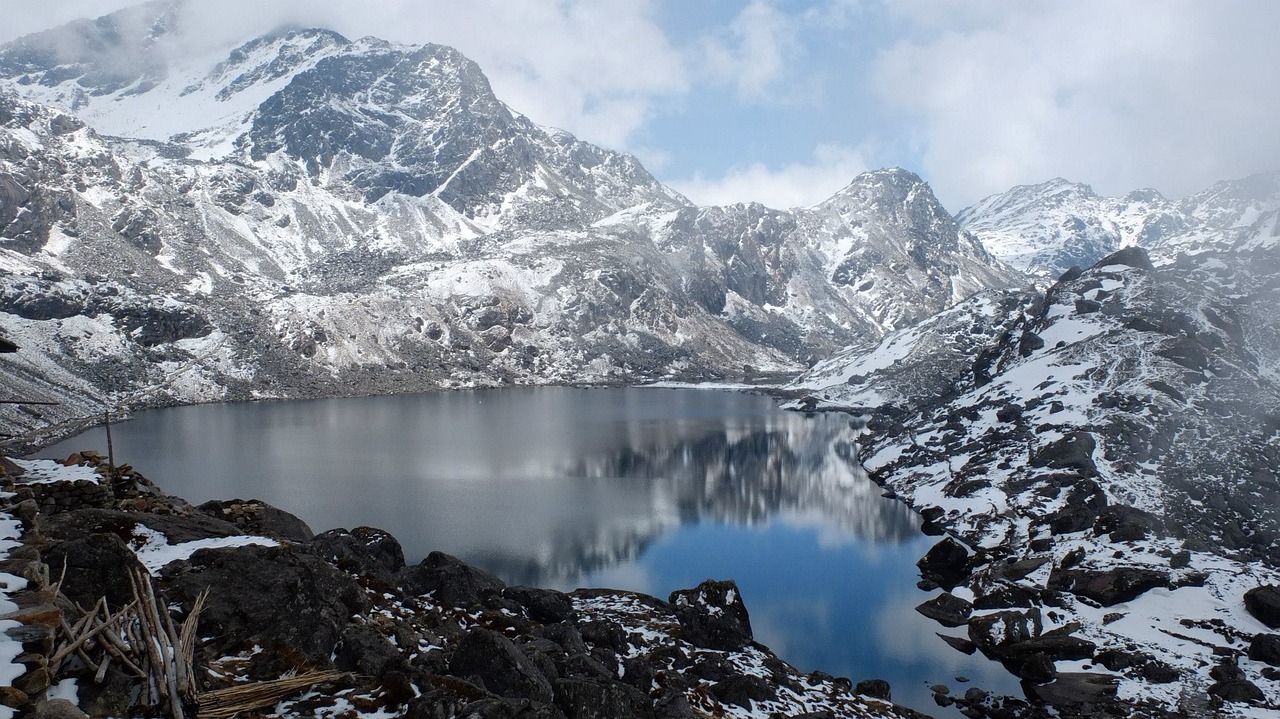Nepal Video
Navigating Local Taxes and Business Regulations in Nepal
Nepal, a landlocked country in South Asia, offers a plethora of opportunities for entrepreneurs and businesses. However, understanding and navigating local taxes and business regulations is crucial for ensuring compliance and smooth operations. This comprehensive guide aims to provide detailed information on various aspects related to local taxes and business regulations in Nepal.
Taxation System in Nepal
Nepal follows a progressive tax system, where individuals and businesses are required to pay taxes based on their income and profits. The taxation system in Nepal is primarily governed by the Inland Revenue Department (IRD) under the Ministry of Finance. The main types of taxes applicable in Nepal include:
- Income Tax: Individuals and businesses are liable to pay income tax based on their annual income. The tax rates vary depending on the income brackets.
- Value Added Tax (VAT): VAT is a consumption-based tax levied on the value added at each stage of the supply chain. Registered businesses are required to charge and collect VAT from their customers.
- Customs Duty: Customs duty is imposed on imported goods based on their value, type, and quantity. The rates vary depending on the nature of the goods.
- Excise Duty: Excise duty is levied on certain goods produced or manufactured within Nepal, such as alcohol, tobacco, and petroleum products.
Registering a Business in Nepal
Before commencing any business activities in Nepal, it is essential to register the business with the concerned authorities. The registration process may vary depending on the nature and scale of the business. Here are the key steps involved in registering a business in Nepal:
- Business Name Registration: Choose a unique name for your business and register it with the Department of Industry (DoI).
- Obtain a PAN Number: Apply for a Permanent Account Number (PAN) from the Inland Revenue Department (IRD). PAN is required for tax purposes.
- Register with the VAT Office: If your business is liable to charge VAT, register with the VAT Office under the IRD.
- Obtain Trade License: Obtain a trade license from the local municipality or rural municipality where your business is located.
- Register with Social Security Fund: If you have employees, register your business with the Social Security Fund to comply with labor laws.
Business Regulations in Nepal
Nepal has specific regulations and laws governing various aspects of business operations. It is crucial to comply with these regulations to avoid any legal issues. Some important business regulations in Nepal include:
- Labor Laws: Businesses must comply with labor laws, including minimum wage requirements, working hour limits, and employee benefits.
- Company Act: The Company Act governs the formation, operation, and dissolution of companies in Nepal. It outlines the rules and regulations for corporate governance and reporting.
- Intellectual Property Rights: Nepal has laws in place to protect intellectual property rights, including patents, trademarks, and copyrights.
- Environmental Regulations: Businesses must adhere to environmental regulations to ensure sustainable practices and minimize negative impacts on the environment.
- Foreign Investment Regulations: Foreign investors must comply with specific regulations and procedures to invest in Nepal. The Department of Industry provides guidelines for foreign investment.
Tax Incentives and Exemptions
The Nepalese government offers various tax incentives and exemptions to promote investment and economic growth. These incentives can vary based on the sector, location, and scale of the business. Some common tax incentives include:
- Industry-Specific Incentives: Certain industries, such as tourism, agriculture, and hydropower, may receive specific tax incentives and exemptions to encourage investment.
- Special Economic Zones (SEZs): SEZs offer tax holidays, reduced tax rates, and other benefits to businesses operating within designated zones.
- Export Promotion: Businesses involved in export-oriented activities may enjoy tax exemptions or reduced tax rates to boost international trade.
- Investment Incentives: Foreign investors may receive tax incentives, such as repatriation of profits, to attract foreign direct investment (FDI).
Import and Export Regulations
Import and export regulations play a crucial role in international trade. In Nepal, businesses must adhere to specific regulations when importing or exporting goods. Key points to consider include:
- Customs Clearance: Goods imported or exported must go through customs clearance procedures, including documentation, valuation, and payment of customs duties.
- Restricted and Prohibited Items: Certain goods, such as narcotics, weapons, and endangered species, are restricted or prohibited for import or export.
- Trade Agreements: Nepal has entered into various trade agreements, such as the South Asian Free Trade Area (SAFTA), which provide preferential treatment for goods traded within the member countries.
- Export Promotion Schemes: The government offers export promotion schemes, such as duty drawback, to encourage exports and boost the country’s economy.
Nepal Image 1:

Tourism and Hospitality Regulations
Nepal’s tourism sector is a significant contributor to the country’s economy. If you are planning to start a business in the tourism and hospitality industry, it is essential to comply with the specific regulations in this sector. Some key regulations include:
- Trekking and Mountaineering Permits: Certain trekking routes and mountaineering expeditions require permits from the Department of Tourism.
- Hotel and Restaurant Regulations: Hotels and restaurants must meet specific standards and obtain licenses from the Department of Tourism.
- Tourist Vehicle Operation: Businesses providing tourist transportation services must comply with regulations related to vehicle permits, driver licenses, and safety standards.
- Adventure Sports Regulations: Adventure sports activities, such as paragliding and rafting, are regulated to ensure the safety of participants.
Conclusion
Navigating local taxes and business regulations is crucial for entrepreneurs and businesses operating in Nepal. Understanding the taxation system, registering a business, complying with business regulations, and taking advantage of tax incentives can contribute to the successful operation and growth of a business in Nepal. It is advisable to consult with legal and tax professionals to ensure compliance with all the necessary requirements.
Nepal Image 2:

References
- Inland Revenue Department (IRD): www.ird.gov.np
- Department of Industry (DoI): www.doi.gov.np
- Department of Tourism: www.tourism.gov.np
- Ministry of Finance: www.mof.gov.np
Nepal Image 3:



